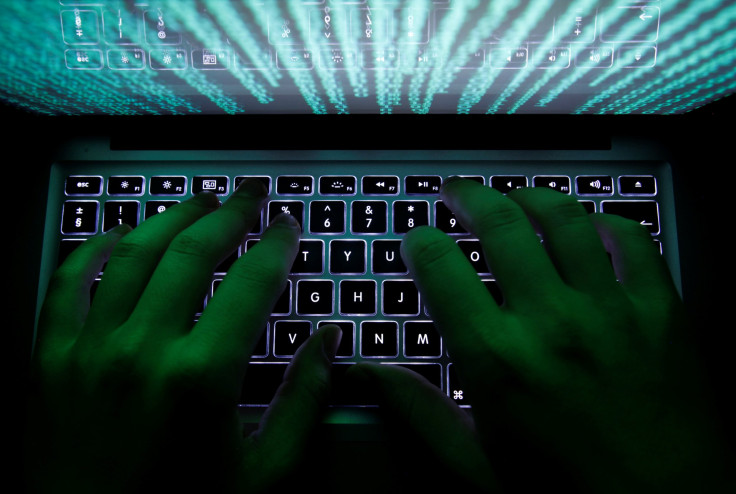How Safe Is Your Internet Data? Americans Don’t Trust Social Media, Federal Government To Protect Personal Information

Is cyber space safe?
That was the question on everyone's minds heading into 2017 amid concerns about personal data and how well it's protected. In last year's election alone, Russia’s alleged hacking efforts, as well as the security of email servers, became hot-button topics. Internet titan Yahoo’s users also experienced significant data breaches, and various hacks of celebrities' phones exposed their personal photos.
But stars and politicans weren't the only ones at risk. A Pew Research Center survey released Thursday found that a whopping 64 percent of Americans have been victim to some form of a “major data breach” and in turn do not trust the federal government or social media sites to protect their personal information.
The results, which stemmed from the responses of 1,040 American adults, might seem startling at first, but Pew broke that 64 percent down across a number of ways that personal data can make its way to into unwanted places. Some 41 percent of Americans have found fraudulent charges on their credit cards, 35 percent have had sensitive information like account numbers “compromised,” another 16 percent claim their email account was hijacked by someone else and 13 percent said they lost control of their social media accounts.
Furthermore, 15 percent have dealt with breaches to their Social Security number, and 14 percent claimed another person tried to take out a loan or open a new credit card account in their name.
Nearly a majority of Americans — 49 percent — said they believed their data was less secure than it was five years ago.
Social media sites like Twitter, Facebook and others, as well as the federal government, are in turn not trusted by nearly a third of Americans, according to Pew. Twenty-eight percent expressed concern that they “are not confident at all” that the federal government can protect their data, and 24 percent felt the same way about social media sites. Only 12 percent felt confident in the federal government, and nine percent said the same for social media sites.
But Pew also discovered that a plurality of Americans were not using expert-approved practices to deter the breaches. Forty-one percent of adults have shared their password with a friend or family member, including 56 percent of adults aged 18-29.
Another 39 percent use the same password for different accounts, something cybersecurity experts highly recommend not to do, and 25 percent use simple passwords that may be easier to crack so they can remember them more easily.
If you're hoping to beef up your cybersecurity, consider encrypting your data and make a habit of deleting your old files, according to Digital Guardian. At the very least, change your password.
“Put your digits, symbols, and capital letters spread throughout the middle of your password, not at the beginning or end,” FTC Chief Technologist and Carnegie Mellon computer science professor Lorrie Faith Cranor told Wired last year. “Most people put capital letters at the beginning and digits and symbols at the end. If you do that, you get very little benefit from adding these special characters.”
© Copyright IBTimes 2024. All rights reserved.





















